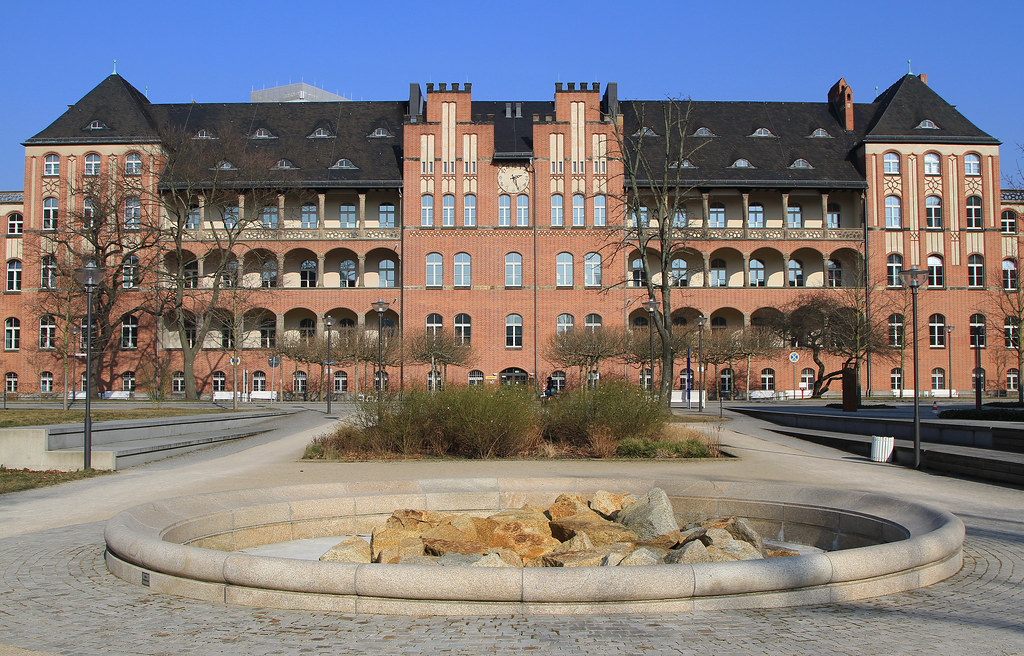
By 2030, there are expected to be six million people over the age of 80 living in Germany. Estimates put the number even higher, at nearly ten million, in 2050. At the same time, there will be as many as 7,000 fewer doctors and 500,000 fewer nurses. Like Germany, almost all of Europe’s countries are looking ahead to a big challenge: an aging population that requires more medical care even as the shortage of skilled workers worsens and costs rise due to advances in medicine. Leading European medical centers that are members of the European University Hospital Alliance (EUHA) and representatives of international institutions met at Charité – Universitätsmedizin Berlin today to initiate a process aimed at identifying solutions for the future of healthcare systems.
Rethinking European Healthcare Systems is the title of an expert workshop held at Charité. That was the ambitious goal as leading minds from ten European university medical centers, affiliated since 2017 in the European University Hospital Alliance (EUHA), met with international healthcare sector players, including officials from the World Health Organization (WHO) and the Organisation for Economic Co-operation and Development (OECD) in Europe and health experts from the European Commission. Their shared goal is to identify long-term solutions for the increasingly tough requirements that apply in the healthcare sector and discuss the potential role of university medical centers amid demographic change. There are individual differences between European healthcare systems, but EUHA members still face similar challenges looking down the road, including how to cope with a significant lack of skilled workers and the issue of how best to train medical and healthcare professionals in the future.
Innovation and new ways of working
Aging societies, cultural changes, and complex financing models with little flexibility are all major factors in the current shortage of workers across the healthcare sector. The pandemic and the subsequent energy and financial crisis have only exacerbated the situation. The experts from EUHA and other international organizations met for the first time today to discuss how European healthcare systems can reposition themselves, what tools already work well now, and what role university medical centers can take on in coping with the shortage of workers. They concluded that existing strategies are not enough. A fundamental mindset shift is required. “Increasingly tough requirements for healthcare, exacerbated by a spiraling shortage of skilled workers, cannot be dealt with solely through hiring and employee retention strategies,” says Dr. Heyo K. Kroemer, CEO of Charité and a professor in his own right. He believes a structural approach geared toward rethinking the European healthcare model is needed. “Preventing disease will be essential, with a new macrosocial focus on prevention and keeping people healthy in all areas. At the same time, we need to harness technological and digital innovation and channel these advances toward developing new ways of working in healthcare and innovative training programs for future healthcare workers. Changes in compensation systems, new coverage networks for urban and rural areas, telemedicine approaches, and access to and sharing of medical data in the European healthcare space are also important tools that we and our European partners need to bring forward.”
Shared approaches to prevention and training
Healthcare systems in Europe are facing an existential need for change in the long term. University medical centers are already pointing the way forward. For example, EUHA partners are working together on joint research projects and in working groups to develop new approaches to cell and gene therapies (advanced therapy medicinal products, or ATMPs) to treat cancer. They are also jointly devising strategies and programs for training healthcare professionals and are actively involved in developing the European Health Data Space. Dr. Claire Mallinson, Director of Education representing King’s Health Partners at the workshop said: “The importance of international cooperation on healthcare-related topics became especially clear at the height of the pandemic. Direct, uncomplicated dialogue in a spirit of mutual trust with our European colleagues was essential to coping with the crisis. We need to use this experience and further expand on our cooperation, since the shortage of skilled workers, the impact of climate change, and drug resistance are all challenges that we can only overcome if we work together.”
Further meetings will follow today’s gathering. Charité will be assuming the EUHA presidency from June to November of this year, with plans to continue focusing on topics such as development of shared approaches to prevention and innovation and the design of new occupational profiles in the healthcare sector, along with the evolution of medical education in Europe.



